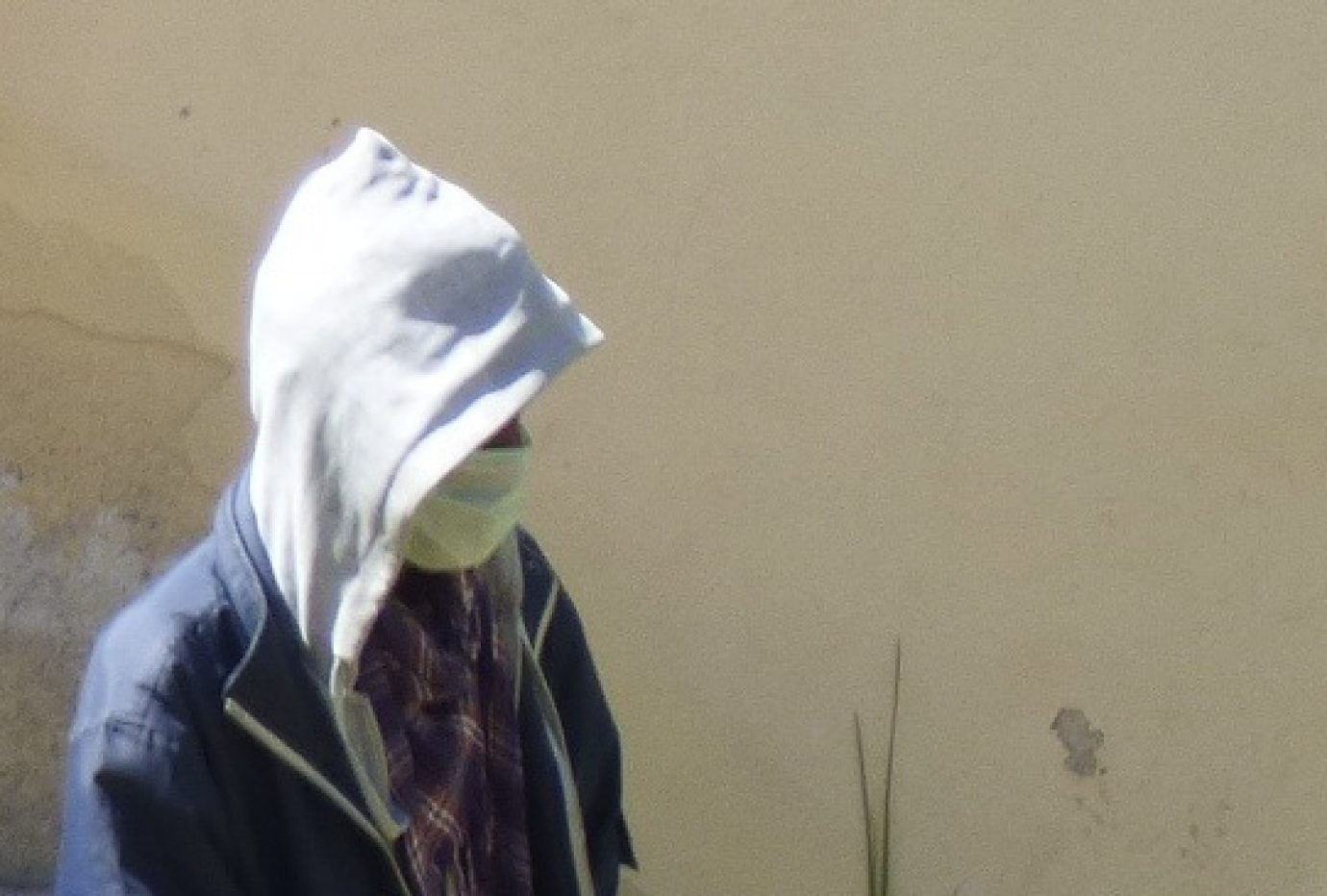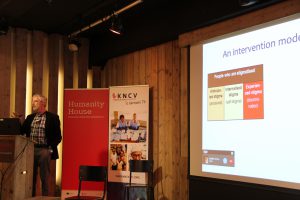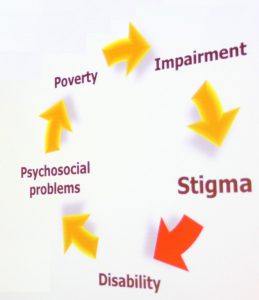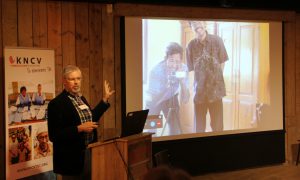Are TB stigmas susceptible to intervention?
On May 19th 2016, Challenge TB, USAID and KNCV Tuberculosis Foundation hosted a meeting in The Hague on how to reduce tuberculosis stigma. There is a new global momentum to tackle TB stigma in the context of the END TB strategy and the ultimate goal of zero suffering.
Experts and policy makers gathered at Humanity House in The Hague to discuss investing in TB stigma reduction. This included analysis of the literature and data available on TB stigma reduction; a panel discussion on investing in TB stigma reduction from the donor perspective; and insights shared from different perspectives, including gender and intersectionality, HIV stigma reduction and leprosy stigma reduction: how can the lessons be translated to the TB field?
Two days prior to this, technical experts came together for a two-day consultation to debate and formulate strategies for the measurement of TB stigma. They discussed methodologies for stigma measurement, focusing on three target audiences: TB patients, the general population, and health care workers. Stigma measurement at policy levels was also discussed.
TB care and prevention present us with ethical dilemmas. The adverse social consequences of TB may include the following: stigmatization and social isolation, interruption of studies, loss of employment, or divorce. Often, the negative consequences extend to the family of persons ill with TB.
The response to stigmatization attached to the disease and discrimination against those affected by it should be guided by globally recognized principles and values, should be sensitive to local values and traditions, and should be informed by debates among all stakeholders. (Source: WHO END TB Strategy, pages 7 and 18).
To offer better social protection to people affected by TB instruments are needed that protect and promote human rights, including addressing stigma and discrimination. Special attention should be given to gender, ethnicity, and protection of vulnerable groups.
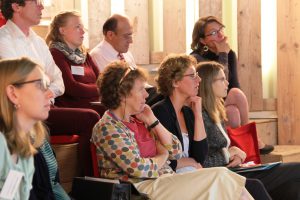 The meeting’s participants included experts from (among others) WHO, USAID, the Universities of Toronto, Vanderbilt, KwaZulu-Natal, Antwerp, Amsterdam/Academic Medical Center, and the London School of Tropical Medicine and Hygiene, the Stop TB Partnership, KIT Royal Tropical Institute, International Center for Research on Women (ICRW), and KNCV Tuberculosis Foundation.
The meeting’s participants included experts from (among others) WHO, USAID, the Universities of Toronto, Vanderbilt, KwaZulu-Natal, Antwerp, Amsterdam/Academic Medical Center, and the London School of Tropical Medicine and Hygiene, the Stop TB Partnership, KIT Royal Tropical Institute, International Center for Research on Women (ICRW), and KNCV Tuberculosis Foundation.

